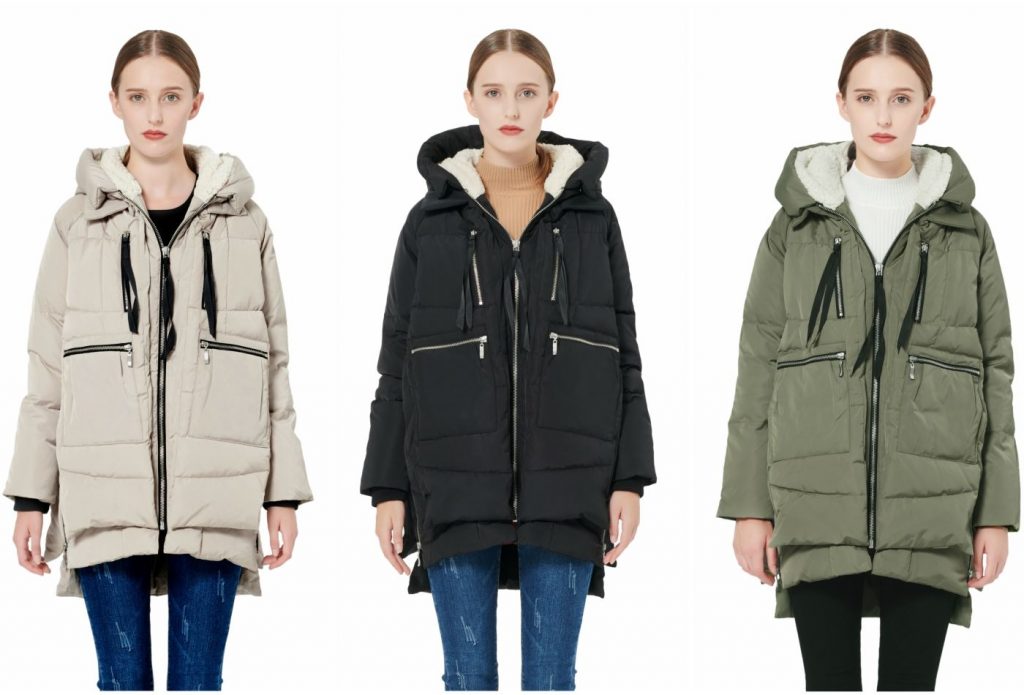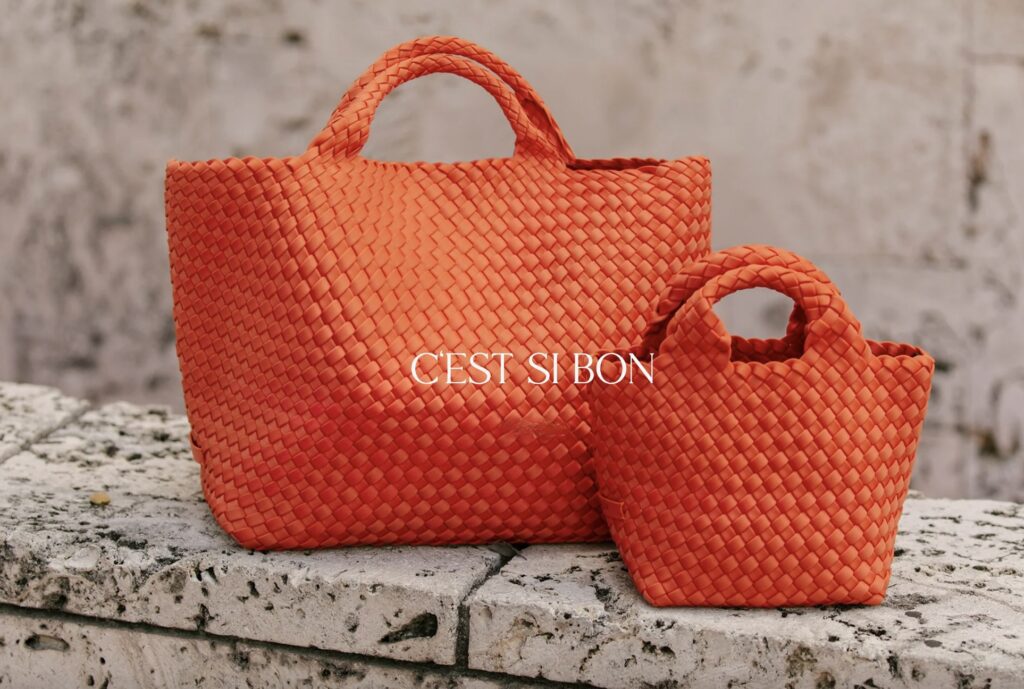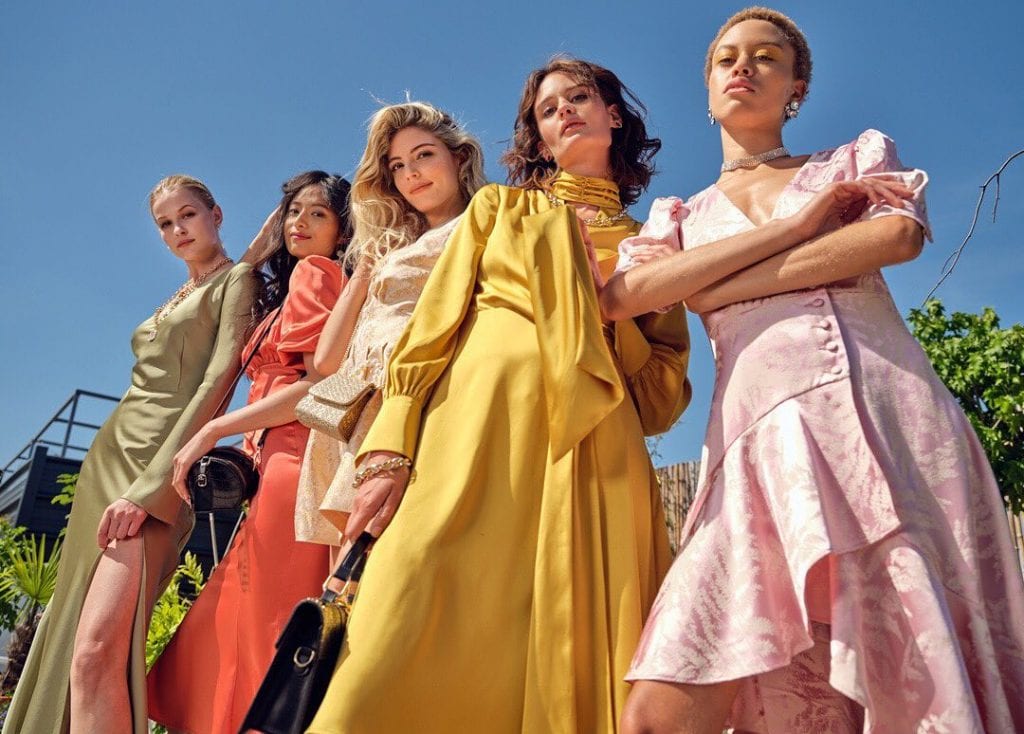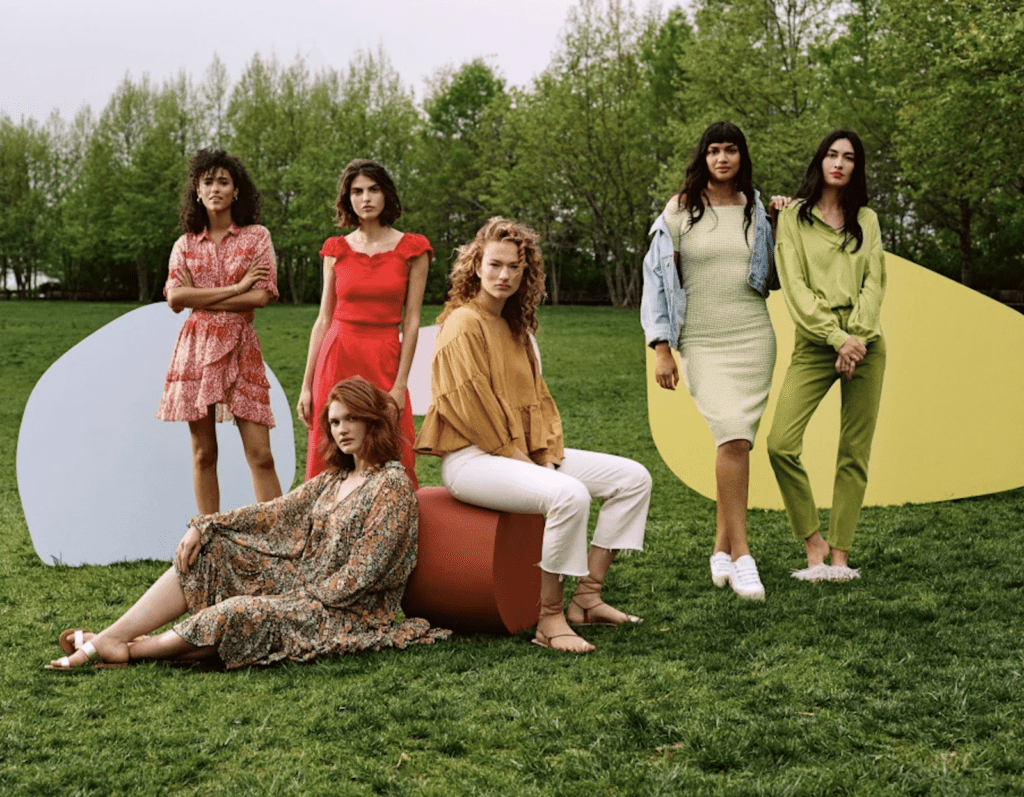The $139 “Amazon Coat” that sent the fashion media into a frenzy after taking over Manhattan’s Upper East Side – and in the process, demonstrating what the Financial Times called the “disruptive threats long feared by executives and owners of Europe’s luxury brands: Amazon’s ability to sell sought-after fashion” – is now at the center of a new lawsuit. In the complaint that it filed in a federal court in Illinois in February, Jiaxing Zichi Trade Co., Ltd. claims that a handful of defendants, including a number of fellow China-based Amazon sellers, such as Ling Yang d/b/a/ Emperor Goose and Cao Zi Qi d/b/a FADSHOW (the “defendants”), are on the hook for “blatantly and unlawfully misappropriating” its Orolay Women’s Thickened Down Jacket – i.e., the “Amazon Coat” – and running afoul of federal trademark law as a result.
According to its February 21 complaint, Jiaxing Zichi alleges that in 2013, it debuted the Orolay coat, a “distinctive and instantly recognizable [garment], featuring voluminous paneling, multiple zippers (including side zippers that can be unfastened for a m ore stylish relaxed fit), oversized pockets and a cocoon-like shape that is shorter in the front and longer in the back.” Since the launch, Zhejiang Province, China-based Jiaxing Zichi claims that it has “exerted an enormous amount of time, money and effort to extensively and continuously promote and utilize the Orolay brand in conjunction with the designs for the Orolay jacket in the U.S.”
Its efforts worked, Jiaxing Zichi asserts, as it has “enjoyed massive success and wide publicity” in connection with the regularly sold-out coat, which “has been spotted on social media influencers and celebrities,” such as Naomi Watts, Emma Stone, and Oprah, the latter of whom included the coat on her 2019 “Favorite Things” list. At the same time, the jacket has “gained notoriety and has consistently remained as a number one best-seller for women’s coats on Amazon,” the company claims, noting that “consumers widely recognize the unique and distinctive design, as well as the style of the Orolay jacket as indicators of the products’ origin and quality as from [the] Orolay [brand].”
Still yet, the design has also acquired “highly valuable goodwill” and “substantial secondary meaning in the marketplace and has become famous” thanks, in part, to “a significant amount of unsolicited media coverage in various newspaper (including Reuters, New York Times and Wall Street Journal), magazines, online articles and popular social media platforms.”
With the foregoing in mind and in a quest to “piggyback on the enormous popularity, goodwill and success of [Jiaxing Zichi’s] highly recognizable, unique and valuable” Orolay jacket design, Jiaxing Zichi claims that the defendants – which are part of “an illegal network of manufacturers and sellers” – are in engaged in a scheme to manufacture and sell “low-quality knock-off jackets that copy the same style, look and feel of [Jiaxing Zichi’s] celebrated Orolay jacket.” Amount to a “blatant, willful and conscious disregard for [its] rights,” Jiaxing Zichi alleges that the defendants the defendants are selling “strikingly similar … knock-off, counterfeited versions of [its Orolay] coat,” with similarities that are “deliberate and intended to reinforce a potential perceived association between the defendants and Orolay.”
The similarity between the coats is “remarkable and unmistakable given the limitless options available to design and manufacture a winter jacket,” Jiaxing Zichi argues, and “yet, at every step of the way, the defendants consciously choose to mirror the look and feel of the Orolay jacket.” The “inescapable conclusion” here is that the defendants “knowingly and intentionally” sought to copy the Orolay jacket and confuse consumers, which has, in fact, happened, according to Jiaxing Zichi, which cites “mistaken” reviews on Amazon in which consumers refer to the defendants’ jackets as “the Amazon coat.”

Jiaxing Zichi says that it “seeks to curtail the unlawful activity and illegal counterfeiting by preventing the defendants’ continued infringement, dilution and misappropriation of [its] valuable trade dress rights.” As for what exactly Jiaxing Zichi’s trade dress is, the company claims that it has rights in “the overall look, and appearance of the Orolay jacket, including but not limited to the design, appearance and placement of the panels, lines and curves of the jacket; the design, appearance and placement of the two chest pockets and their zipper closures; the design, appearance and placement of the two front pockets and their zipper closures; the design, appearance and placement of the two side pockets, the side zippers that can be unfastened for a more stylish and relaxed fit; the design and appearance of the hoods (with fur or not), the design and appearance of the cuffs; the length, shape, fit, and overall style of the coat; and the relationship of these features to each other and to other features. “
Setting out claims of trade dress infringement, false designation of origin, and violations of the Illinois Deceptive Trade Practices Act (but not counterfeiting, despite claiming counterfeiting in the complaint; Jiaxing Zichi does not maintain a trademark registration for the design of the coat, but has more than a dozen U.S. registrations for the Orolay name for use on everything from backpacks to carpets), Jiaxing Zichi asserts that the “defendants’ misconduct is harmful and will continue to cause [it] injury, including by lost sales, diminished reputation in the marketplace and the dilution of its valuable intellectual property, unless and until the court enjoins it.”
In addition to seeking monetary damages and preliminary and permanent injunctive relief to prevent the defendants from using its trade dress and require that Amazon (which is not a party in the suit) and other third-party service providers “disable and cease providing services for any accounts through which the defendants engage in the sale of infringing products,” Jiaxing Zichi sought – and was recently granted – a temporary restraining order to require the defendants to immediately cause their use of Jiaxing Zichi’s trade dress and to freeze the defendants’ assets “to preserve the relief sought by the plaintiff” and ensure that such “ill-gotten funds” are not hidden or moved to “unidentifiable or offshore bank accounts.”
In an order dated March 22, Judge Martha M. Pacold of the U.S. District Court for the Northern District of Illinois determined that the evidence submitted by Jiaxing Zichi meets the pleading requirements for a temporary restraining order. Specifically, she stated that Jiaxing Zichi showed “a substantial likelihood of success on the merits (including evidence of active infringement and sales into Illinois), that the harm to plaintiff is irreparable, and that an injunction is in the public interest.” While “there may be reason to question both the propriety of the joinder of all defendants in this one action and whether plaintiff genuinely intends to pursue an accounting (which plaintiff asserts as justification for an asset freeze),” the judge states that “at this preliminary stage, the court is persuaded that plaintiff has provided sufficient evidence of coordinated activity and the prospect of an accounting to justify the requested relief as to all of the defendants.”
7-year-old Orolay made headlines in early 2019, when Reuters reported that the company founded by Kevin Chiu, a 32-year old Chinese native “is at the center of a budding outerwear empire that could ultimately rival the likes of Canada Goose.” Citing estimates provided by Chiu, Reuters revealed that Orolay’s sales in January 2019 were approximately $5 million, and were being forecast at $30 million to $40 million for the year as a whole. Chiu told the site that U.S. sales – nearly all of which are sold through Amazon – account for 70 percent of the company’s total revenue.
UPDATED (May 6, 2021): On the heels of the court issuing a temporary asset restraint and a temporary retaining order on March 22, thereby, barring the defendants from continuing to sell the allegedly infringing outerwear, and after the defendants failed to file an objection to Jiaxing Zichi’s motion for preliminary injunction, the court issued a preliminary injunction, stating that a “preliminary injunction is appropriate for the same reasons a TRO was granted, and is unopposed.”
*The case is Jiaxing Zichi Trade Co. Ltd v. Yang et al, 1:21-cv-00973 (N.D. Ill.).











